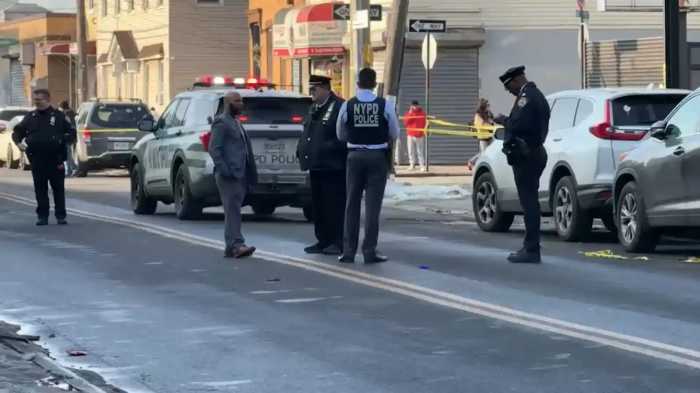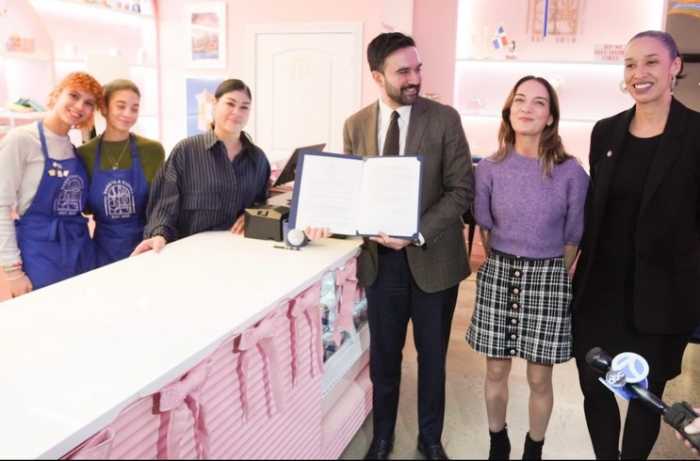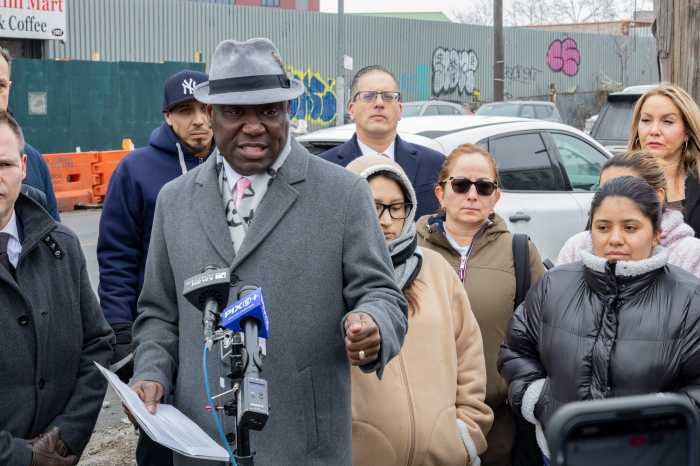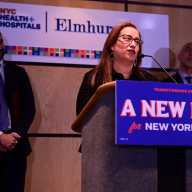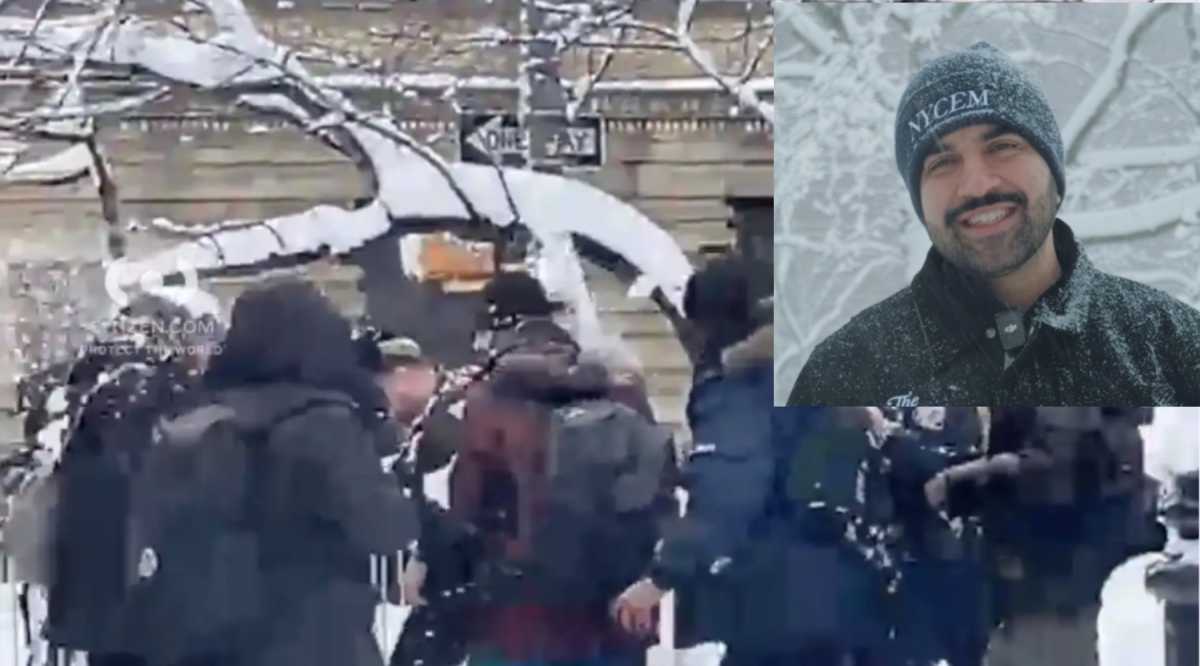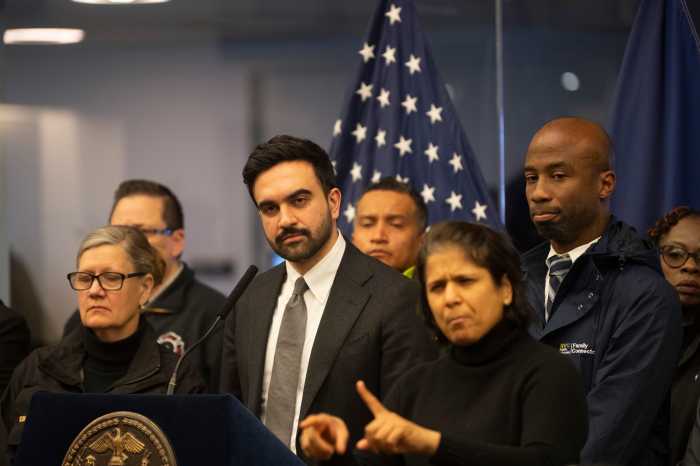Ridgewood will get more available on-street parking spaces by taking some of those spots away.
That seems to be the thinking behind a carshare pilot program across Ridgewood that the city’s Department of Transportation (DOT) announced during the June 27 meeting of the Community Board 5 Transportation and Public Transit committees in Glendale.
Carsharing is when multiple residents have access to one vehicle that they rent by the minute or the hour depending on the company. It is not like Uber or other ridesharing companies. The cars are usually stored in off-street parking lots, and in many cases designated on-street parking locations.
Some major carsharing companies that operate in the city include Zipcar, Car2Go and Enterprise Carshare.
DOT has looked at carshare pilot programs in other cities such as San Francisco, Seattle, Washington, D.C., Boston, and Hoboken to study their best practices.
In those cities, the pilot programs included dedicating curbside parking spaces for carshare vehicles, and requiring carshare companies to expand their services into underserved neighborhoods.
After examining studies released by those cities, it was shown that through carsharing, between five and 20 personal vehicles were either sold by their owners or they suppressed purchasing a personal vehicle for every carshare vehicle on the road.
“It’s been very well proven that the [use of] carshare vehicles in the city dramatically reduces the need for the number of privately owned vehicles,” said Alex Keating, director of special projects for transportation planning and management at DOT. “At the same time for members who use carshare, they’ve reduced their VMTs [vehicle miles traveled], they drive a little less than they would if they owned their own car.”
By having less people use and purchase personal vehicles, DOT charges that carsharing may actually increase parking availability. Dedicating 2 percent of on-street parking to carsharing vehicles, the DOT claims, could potentially open up nearly 13 percent new parking spaces.
In a case study conducted by DOT, on the three blocks bound by Madison Street and Catalpa Avenue, and Woodward and Onderdonk avenues, and according to the Census Tract 551, Block Group 4, there were 1,670 residents in 379 households. On those streets there are approximately 180 on-street parking spots, and there are approximately 190 cars owned by those residents according to five-year data from ACS between 2011-2015. This would mean 10 resident-owned cars could not park in the area.
If four carsharing vehicles were introduced to this area and 40 members of the service use each vehicle — for a total of 160 members — and on average 23 percent of members shed a personal vehicle, then statistically overtime 36 vehicles would be removed from the area, creating 36 additional parking spaces.
“That’s what we think is a really amazing upside of this type of pilot, to prove that this is something that will translate to reality in New York City,” Keating said. “We are very confident that it will. And we think this neighborhood … is a really good fit.”
DOT has laid out 15 feasible/potential locations in the Ridgewood area where they could see the carshare parking spots. DOT will site only five total locations — a total of 10 parking spots.
DOT is looking to implement this carsharing pilot in Ridgewood, and 14 other zones, by the end of the summer. As they are in the process of applying for permits to get “Carshare Only” parking signs, DOT is looking for input about locations from local elected officials, community boards, and the public.
To learn more about the carshare pilot program and provide your input, visit https://nycdotfeedbackportals.nyc/nycdot-carshare-pilot.



